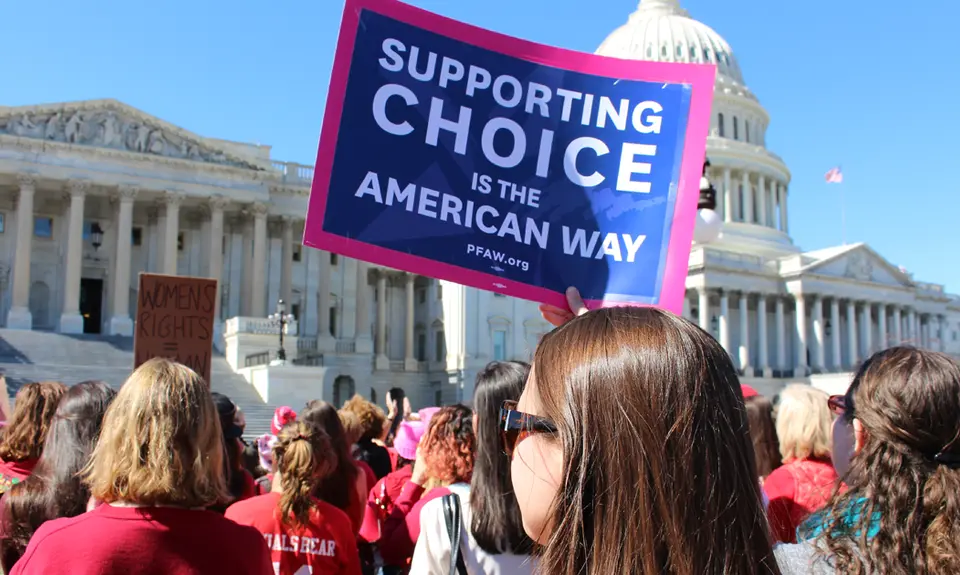“Confirmed Judges, Confirmed Fears” is a blog series documenting the harmful impact of President Trump’s judges on Americans’ rights and liberties. Cases in the series can be found by issue and by judge at this link.
Although voting to affirm a district court decision that struck down several clearly unconstitutional Arkansas laws restricting abortion, Trump Eighth Circuit judge Ralph Erickson wrote a concurring opinion that invited the Supreme Court to consider the case and use it to “revisit” or overturn prior Supreme Court precedent protecting the right to choose. The January 2021 decision is in Little Rock Family Planning Services v Rutledge.
In 2019, Arkansas passed several severe restrictions on abortion. These included a prohibition on abortions after 18 weeks of pregnancy and on abortions where the provider has “knowledge” that the reason for the abortion is that the fetus has Down syndrome. A district court conducted an evidentiary hearing and issued a 186-page opinion preliminarily enjoining the prohibitions, concluding that the clinic and others challenging the legislation were “likely to prevail” on their contention that the legislation “unconstitutionally restricts pre-viability abortions” under clear Supreme Court precedent and is therefore “facially unconstitutional.” Arkansas appealed to the Eighth Circuit.
Trump judge Erickson was part of a 3-judge panel that ruled that the district court was correct under “well established law” and affirmed the injunction. But Erickson wrote a concurring opinion in which, as one commentator has recognized, he “lobbies” the Supreme Court to “overturn abortion rights.” Specifically, Erickson stated, he wrote to “emphasize” his belief that the Court should “revisit its precedent” in the landmark Casey decision that prohibits “unduly burdensome interference” with a woman’s “freedom to decide whether to terminate her pregnancy” before viability. Echoing dissents by then-Judge Barrett and Justice Thomas, Erickson claimed that the state had a “different” kind of interest in preventing what he claimed was “eugenics” through abortion to make “children with Down syndrome” a “threatened population,” and argued that the courts should allow states to “place that threat above the right of a woman to choose to terminate a pregnancy.”
As Mark Joseph Stern has pointed out, this argument is “illogical and totally detached from reality,” in addition to contradicting Supreme Court precedent on the fundamental right to choose. If a woman “terminates a pregnancy because she feels she cannot tend to the significant lifelong needs of a child with Down syndrome,” Stern noted, she is not participating in “systematic elimination of specific people to alter the human gene pool” through eugenics, but instead “making a personal decision about her own life” that is entitled to respect. The claim by Thomas and others that abortion is linked to eugenics “has been debunked by the very expert” that Thomas has cited.
This Supreme Court may unfortunately not need an invitation to “revisit” and overrule or limit important precedent protecting the right to choose. But this case could well come before the Court shortly and is yet another example of Trump judges and justices seeking to undermine such key precedent.
